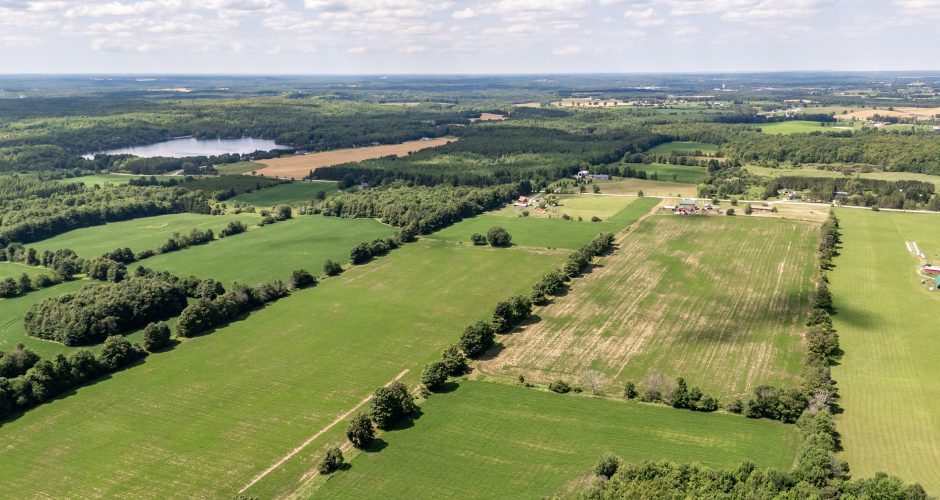For many buyers seeking rural property, the dream might involve wide-open fields, fresh air, and the chance to live closer to the land. But when it comes to purchasing land with agricultural potential, one of the first questions to ask is whether you’re interested in a working farm or a hobby farm. The distinction matters—not only in terms of lifestyle, but also in property value, financing, taxes, and long-term goals.
What is a Working Farm?
A working farm is first and foremost a business. The land, outbuildings, and equipment are all dedicated to producing agricultural products for sale—whether that means crops, livestock, dairy, or specialty products like vineyards or orchards. Owners typically earn income from farm operations and may depend on that income for a living.
Key characteristics include:
- Commercial activity: Products are grown or raised to sell at market, to distributors, or through direct-to-consumer models like farm stands.
- Larger land tracts: Working farms typically need more acreage to sustain production.
- Infrastructure: Facilities may include barns, irrigation systems, silos, greenhouses, livestock shelters, and heavy equipment.
- Regulations and taxes: Working farms may qualify for agricultural tax exemptions, but they are also subject to compliance with agricultural zoning and regulatory requirements.
- Time and labour commitment: Running a working farm requires significant day-to-day labor, expertise, and management.
For buyers considering this path, it’s important to approach the purchase as you would any other business investment. Detailed financial records, soil quality reports, and access to water all come into play.
What is a Hobby Farm?
A hobby farm, on the other hand, is more about lifestyle than livelihood. Hobby farmers may enjoy gardening, raising a few animals, or growing specialty crops, but they aren’t necessarily relying on those activities for their primary income.
Common traits of hobby farms include:
- Recreational focus: Owners grow crops or tend animals for personal enjoyment, family use, or small-scale sales.
- Smaller acreage: Hobby farms usually require less land than commercial operations.
- Flexible operations: Buildings and infrastructure may be modest—such as small barns, chicken coops, or fenced garden areas.
- Limited tax benefits: Hobby farms generally don’t qualify for commercial agricultural tax exemptions unless they generate enough revenue to meet provincial requirements.
- Lifestyle appeal: For many buyers, owning a hobby farm provides the pleasure of rural living without the financial pressures of making it a business.
Choosing Which is Right for You
When weighing the decision between a working farm and a hobby farm, start with your goals:
- Do you want your land to generate consistent income or primarily serve as a lifestyle choice?
- How much land management experience do you have?
- What level of time, labour, and resources are you prepared to commit?
- Are tax advantages and zoning regulations important to you?
For buyers looking to test the waters, a hobby farm can often be a perfect entry point. For those with serious agricultural goals—or those already experienced in farming—a working farm can offer both income potential and a rewarding career path.
Final Thoughts on Grey Bruce Farms
Whether you’re searching for a productive agricultural operation or a quiet lifestyle retreat, understanding the difference between a working farm and a hobby farm will ensure you make a purchase that fits your long-term vision. As your real estate partner in Grey Bruce, I’m here to help you explore acreage properties that align with your goals whether that means income-producing farmland, or the perfect piece of countryside to enjoy at your own pace.
Looking to buy, sell, or invest? As your REALTOR®, I’ll guide you every step of the way. Contact me today to schedule a free consultation and let’s turn your real estate dreams into reality!
For more information, contact:
Susan Moffat, REALTOR® with Century 21 In-Studio Realty Inc., Brokerage
519.377.5154
susan.moffat@c21.ca

 Facebook
Facebook
 X
X
 Pinterest
Pinterest
 Copy Link
Copy Link

